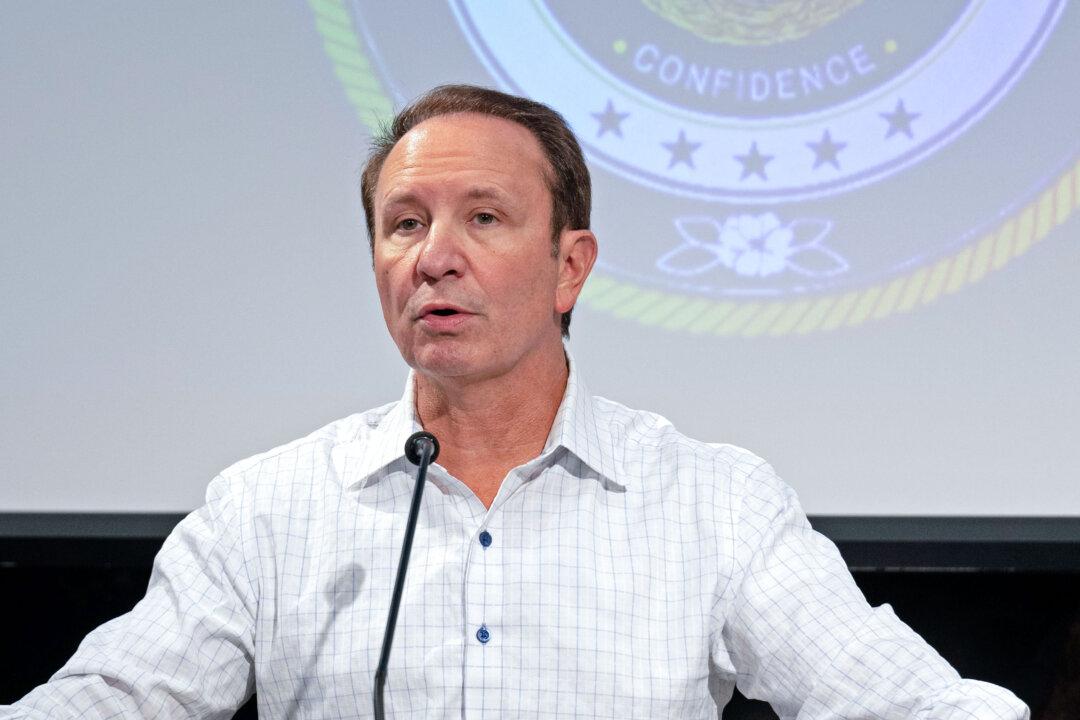The Texas GOP says it is stepping up election integrity efforts in the state by training and recruiting election personnel watching the polls, according to a party spokesperson.
“Texas should be the standard bearer for all things Republican, with a Republican-dominated legislature and state office for going on 20 years now,” Wesolek said, noting that the issue of election integrity is “absolutely” a part of this axiom.





